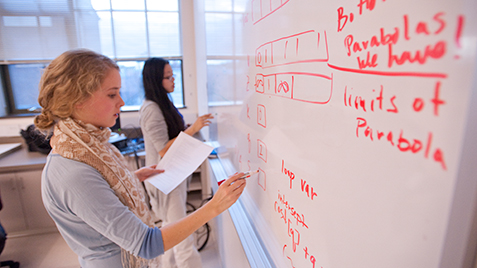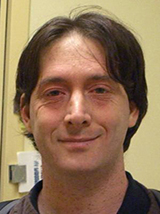

/ Published November 6, 2013
The topic of gratitude does not readily bring to mind the field of physics. Poets, clerics and philosophers have undoubtedly written countless books on the subject, but what does gratitude have to do with the work of a Newton or an Einstein, pondering in solitude the motion of the planets or the rainbows of light cast by a prism?
In fact, however, gratitude is central to the culture of science, and the lone scientist uncovering the mysteries of the universe turns out, on closer examination, to be an oversimplified image at best. Newton famously said “If I have seen further [than others] it is by standing on the shoulders of giants,” and appropriately enough even this saying was apparently a paraphrase of several earlier authors. (Not all scientists have so thoroughly internalized the culture of gratitude; supposedly a modern particle physicist once quipped “If I have seen far it’s because I’ve been surrounded by dwarves.”)

Gary Felder
All scientific work is built upon what went before. Theorists explain the results of experiments, experimentalists test the predictions of theorists, and all scientists attempt to replicate the work that preceded theirs. Even when a new theory overturns an old one, it does so by including and extending all of the ways in which the old theory had correctly predicted observed phenomena. Einstein’s theory of relativity replaced Newton’s conception of space and time with a more complicated one, but it would not have been possible to discover Einstein’s theory without Newton’s ideas as a starting framework. Our current theories of physics will almost certainly be overturned by a theory that explains the seeming contradictions in the models we know today, but the people who discover that new theory will only be able to do so after spending years carefully understanding the successes and limitations of the current theory.
On a more personal level, careers in all fields are products of the support, mentorship, collaboration and criticism of teachers, advisers and peers. In that spirit, I would like to gratefully dedicate this piece to the memory of Lev Kofman, a brilliant scientist, dedicated mentor and good friend.
Gary Felder is an associate professor and chair of the physics department.















